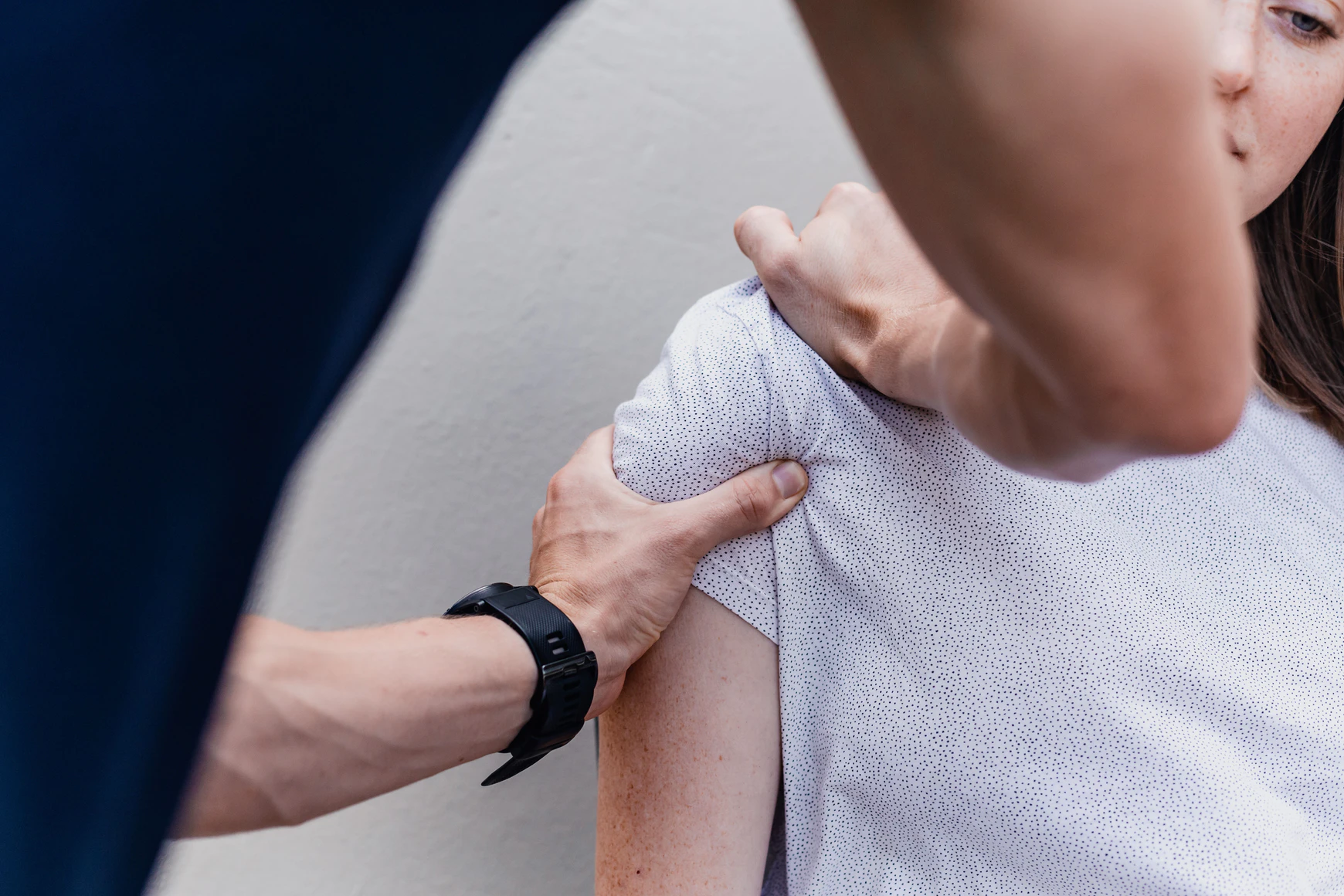Recovering from a sports injury is sometimes a long and arduous process. If you don’t take steps to quicken your recovery, you may spend more time than you should. Although medicine, physiotherapy, and other healing modalities are important, diet is also an essential part of recovery. Food builds our bodies and determines our body functions.
Therefore, a diet that promotes recovery is important when dealing with an injury. There are foods for muscle recovery, tissue regeneration, bone healing, and strengthening of nerves. Your immune system also needs minerals and vitamins to stay healthy as you recover.
If you are recovering from an injury, create a diet that will quicken your recovery by choosing the ideal foods for that kind of healing. Here are some of the common injury-healing foods you can include in it.
Protein-rich foods
After an injury, you will inevitably lose muscle mass, especially if you are immobilized for a while. For example, when healing from a fracture, back injuries or burns.
Proteins help your body reconstruct muscle and boosts wound healing. It is also vital for muscle development if you perform recovery stretches as part of your healing process.
Therefore, eat lots of fish, eggs, chicken, and beef for protein when healing from an injury. Beans, seeds, tofu, and nuts are good protein sources if you are a vegetarian.
However, note that eating too much protein in one sitting will not benefit your body. Space out your protein meals throughout the day to provide your body with a consistent supply of it.
Vitamins
Inflammation can delay healing after an injury. One of the best ways to reduce inflammation is by eating foods high in vitamins, especially those rich in antioxidants. These are Vitamin A, C, and E.
Antioxidants reduce excess amounts of Reactive Oxygen Species (ROS), a byproduct of injury that can hamper healing when over-produced by the body. They also boost the production of substances such as collagen that maintain healthy muscles, bones, and tendons.
You can get Vitamin A, C, and E from foods such as tomatoes, bell peppers, carrots, sweet potatoes, broccoli, and citrus fruits. Other vitamins you need for injury recovery are Vitamin K1 and K2 for bone strength. You’ll get these vitamins from sauerkraut, organ meats, dairy products, and leafy greens.
Minerals
Your body needs minerals such as Zinc, Copper, Magnesium, Boron, Potassium, and Iron to hasten injury healing. Iron is essential for producing healthy red blood cells that aid in regenerating injured body tissue. Magnesium promotes muscle and nerve efficiency, while calcium helps heal broken bones and aids in pain management.
Examples of mineral-rich foods are vegetables, beans, prunes, milk, fish, meat, seeds, and nuts. Plant milk, such as almond milk, is also a good source of minerals.
When taking calcium, combine it with Vitamin D to help your body absorb it. You can get that from the sun or by eating egg yolks and oily fish.
Omega -3 and 6 Acids
After an injury, your body suffers inflammation, a natural part of healing. Although it’s beneficial for healing, too much inflammation will increase your recovery time.
A controlled amount of Omega-3 and 6 fatty acids can help you reduce inflammation and swelling around injured parts. Omega -3 fatty acids are also important for increasing muscle mass and boosting recovery after a concussion.
You’ll find these fatty acids in oils such as sunflower oil, coconut oil, and canola oil. Also, eat a lot of flaxseed, oily fish, avocados, and algae such as Spirulina. If you are healing from a fracture, foods rich in Arginine, such as seafood, oatmeal, dairy, and meat are beneficial.
Foods for gut health that aid in injury recovery
-
Fiber
The state of your gut affects your health. Eat fiber-rich foods that will keep you in a healthy condition by helping you to stay regular. Eating fiber-rich foods will also keep you from gaining unnecessary weight by keeping you fuller for longer, preventing you from eating excessive calories.
Choose healthy fiber-rich foods such as fruits and vegetables. Some great examples of fiber-rich fruits and vegetables are leafy green vegetables, broccoli, apples, and papaya. They are also rich in magnesium, zinc, and vitamin C.
You may also eat high-fiber cereals such as oats, barley, and flaxseed. However, avoid eating too much fiber, as this will reduce your intake of foods rich in nutrients such as proteins, that are necessary for recovery.
-
Friendly flora
Your gut controls about 70 percent of your immune system, which works at its best with the help of beneficial bacteria. When recovering from an injury, eating foods rich in friendly gut flora will increase the production of healthy white blood cells, boosting your immunity and aiding in wound healing.
Some foods that will help you maintain healthy gut flora are prebiotics found in onions and garlic. Others are fermented foods such as sauerkraut, Kimchi, and yogurt that contain live cultures.
Supplements for injury recovery
-
Creatine
Take Creatine supplements to increase your muscle energy. Creatine can boost your performance when doing active recovery exercises such as swimming. It can also reduce the loss of muscle mass.
Although the human body produces a gram of creatine a day, that’s not enough to boost healing when you are injured. Therefore, consider supplementing it to improve your healing process.
-
Glucosamine
If you are recovering from a bone injury, you need something to boost the healing of broken cartilage, tendons, and ligaments. Glucosamine is excellent for restoring bone health because it’s naturally found in the fluids that surround your joints. It also helps to decrease joint pain.
There are no foods that you can take to increase your supply of glucosamine. Therefore, take 1-3 gms of Glucosamine supplements to speed up your recovery after a bone and joint injury such as a fractured limb.
-
Collagen
Collagen is vital for the regeneration of torn ligaments. It can also aid in the recovery of skin injuries and restoration of muscle mass. Your body makes collagen from other compounds. Therefore, you don’t need to take much unless you are a bit older since collagen production decreases as we age.
If you take collagen supplements, 10gms a day is enough for your needs. You can also take foods that aid in collagen production, such as citrus fruits.
Herbs and spices for injury recovery
Turmeric, cinnamon, rosemary, and ginger are excellent examples of spices and herbs necessary for injury care. They prevent oxidative stress, which can cause fatigue and delay healing.
Herbs can also lower inflammation which will reduce soreness by increasing blood flow to the injured areas.
You can take herbs in their natural form or as supplements. Natural herbs are excellent in soup, stews, meats, and salads.
Last word
Recovering from an injury is not easy, especially when you are immobilized. You may have a doctor, a physiotherapist, a psychologist, a personal injury lawyer, among other professionals as part of your healing team after suffering injuries. It may be time to add a nutritionist to your team. A diet that promotes injury healing will accelerate your recovery.
While it’s good to focus on what you can eat to aid recovery, it’s also important to know what you should avoid. For example, a diet high in sugar will increase inflammation and cause vitamin depletion. Wheat can also lower your immunity by making digestion difficult due to its gluten content.
When choosing any food or supplement for your injury recovery, consult your doctor. Some foods, though healthy, may react with medication interfering with your healing process.
Author: Magdalene Havel




